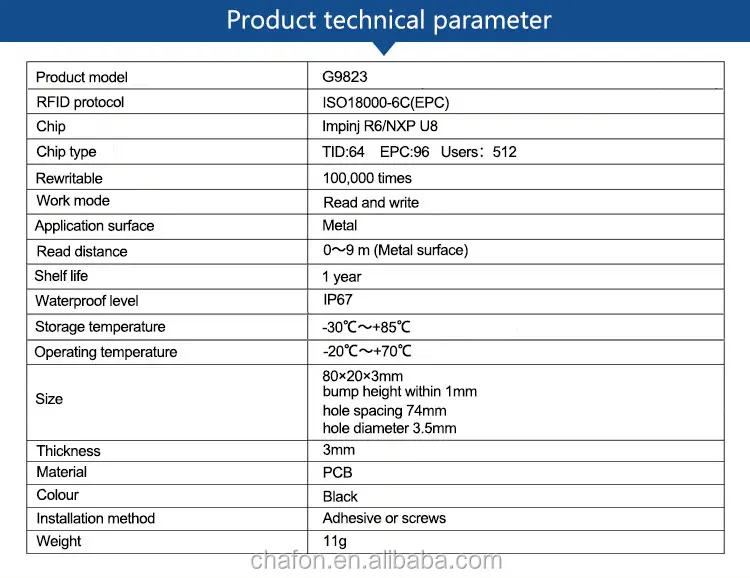

On questioning, the patient denies history of hepatitis, contact with hepatitis patients, other liver difficulties or blood transfusion.

Other testing, including complete blood count, alkaline phosphatase, BUN, creatinine, and urinalysis are within normal limits. To your surprise, the biochemical panel reveals the following abnormalities: total bilirubin 2.8 mg/dL (normal 0–1.5), direct bilirubin 0.4 mg/dL (normal 0–0.4), SGPT (ALT) 74 IU/L (normal 0–50), SGOT (AST) 88 IU/L (normal 0–50), GGPT (GGT) 190 IU/L (normal 15–85), LDH 230 IU/L (normal 50–225). A serum biochemical and hematologic profile are ordered to document baseline values before therapy begins. On examination, you agree, and tell the patient you would like to refer him to a dermatologist for Accutane™ * (isotretinoin) therapy. The patient has returned for a follow-up visit and complains that the acne is worse. Due to continued lack of efficacy, this regimen was later supplemented by Retin-A™ * (tretinoin) cream. When no real improvement was noted, oral antibiotics were prescribed.
#C level pcb skin
Therapy was initiated with benzoyl peroxide washes and topical antibiotics, in addition to instructions for skin hygiene. He first sought treatment about 3 months ago, remarking that such blemishes are typical for a teenager but he never had them during adolescence. You have been treating a 48-year-old man conservatively for his facial acne vulgaris. A 48-year-old handyman with progressive cystic acne and abnormal liver function


 0 kommentar(er)
0 kommentar(er)
